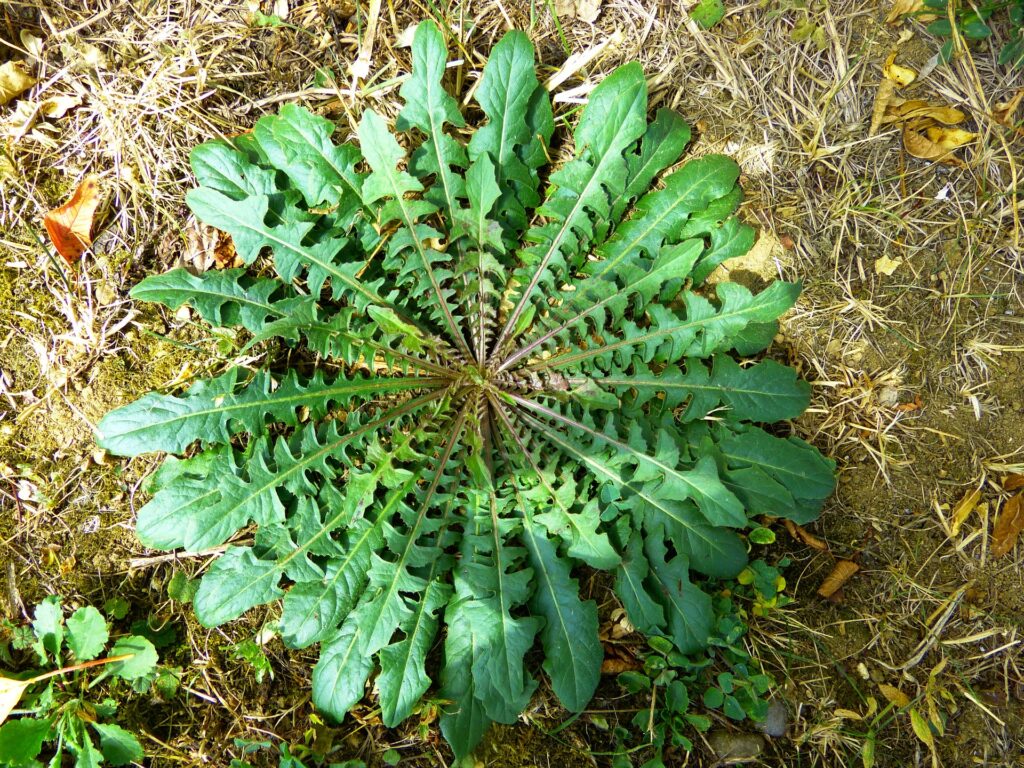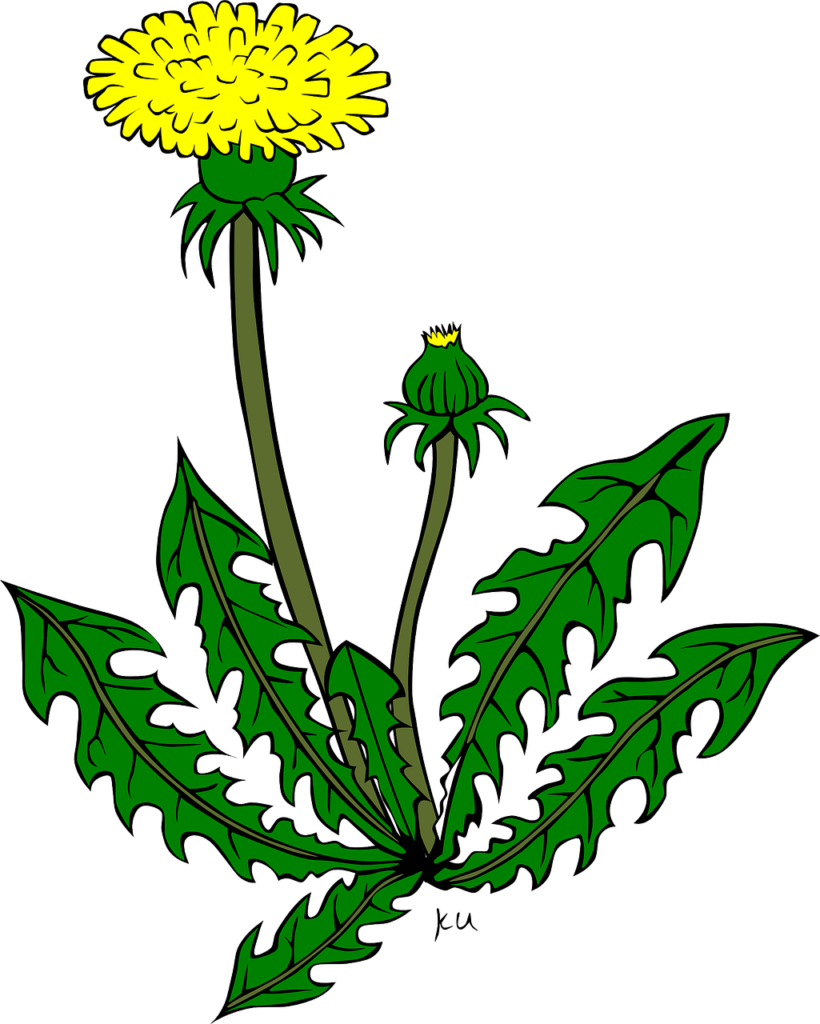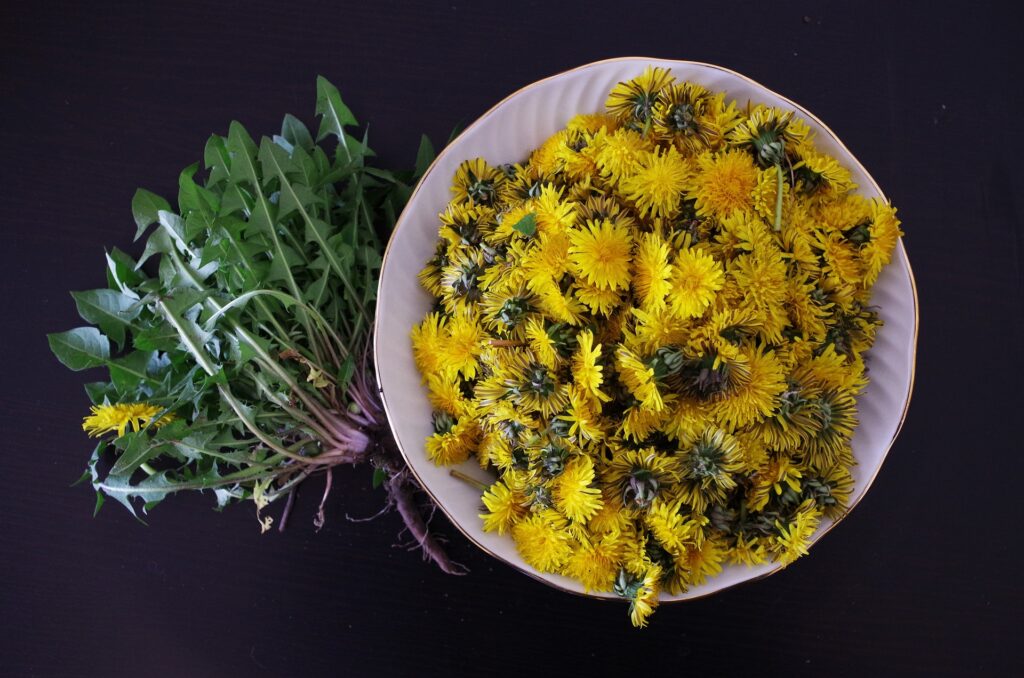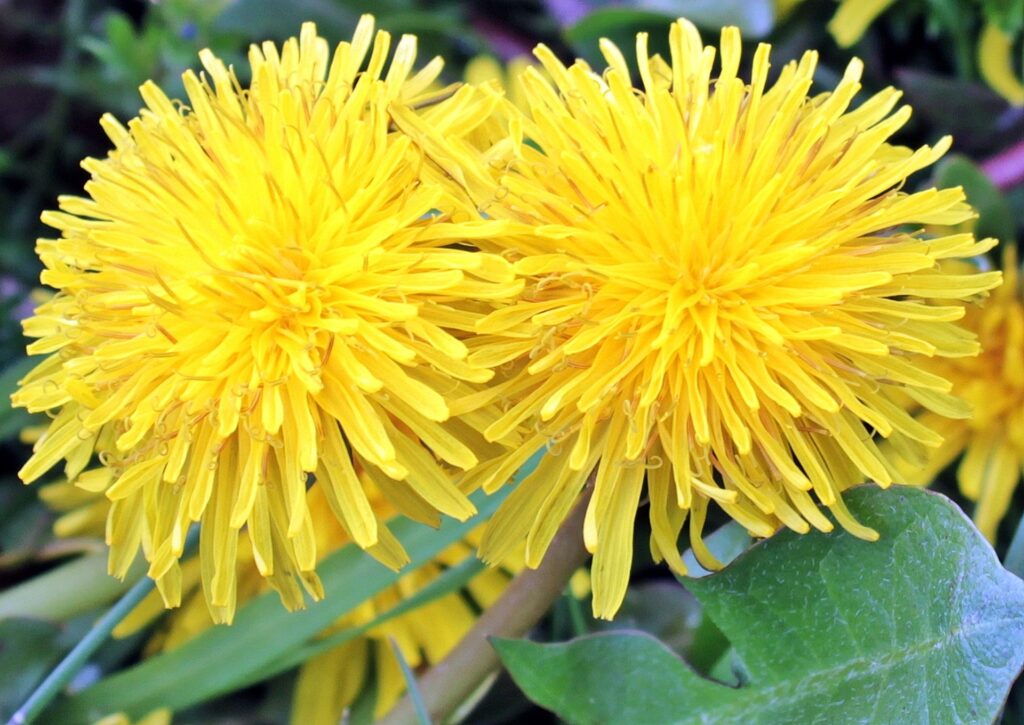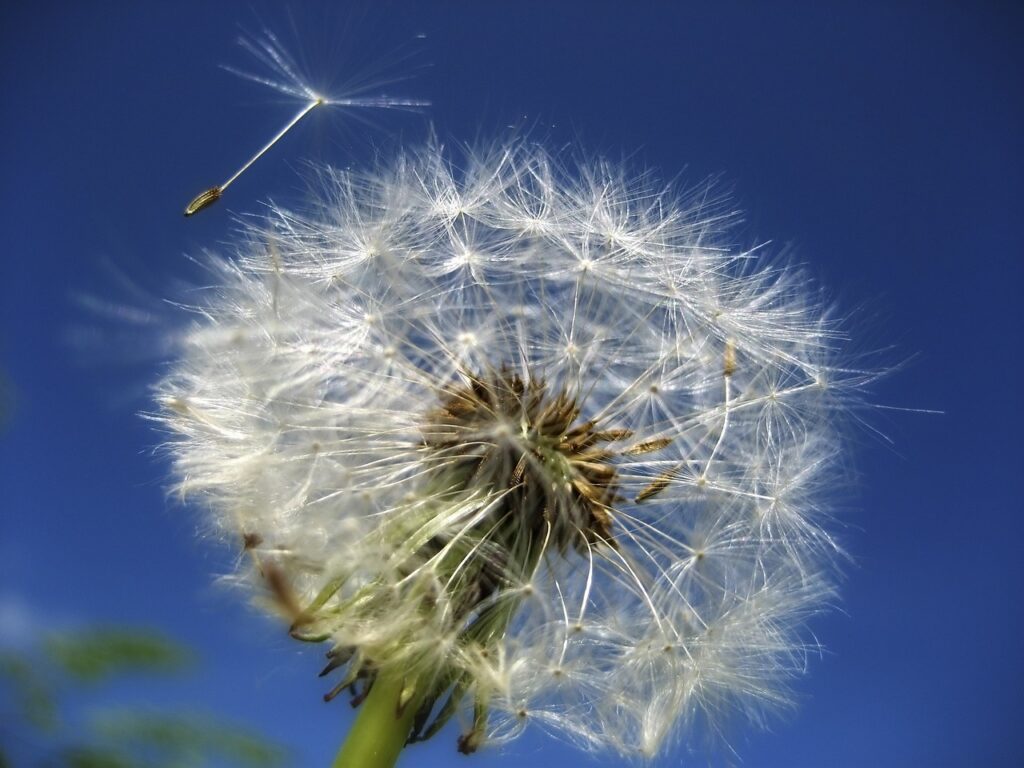Edible Wild Plants
by Lynnford Beachy
(This content is provided for informational purposes only and is not intended as medical advice, or as a substitute for the medical advice of a physician. Never eat any plant until you are absolutely certain of its identification, and that the part of the plant, and manner in which it is prepared, is safe to eat. There are many poisonous plants. Editor)
Dandelion
Dandelion is one of the easiest plants to identify. As a child I enjoyed finding a dandelion seed head and blow on it to see the seeds float on the wind with their little parachute-like tops. The yellow flowers often adorn grassy yards.
You may be surprised to know that these flowering plants are edible and very nutritious. When I was a child my siblings and I were happy to hear our mother ask us to collect dandelion flowers so she could batter and fry them for a tasty meal. She would soak them in salt water to help remove any little bugs and dirt, and then rinse and prepare them for eating.
Every part of the dandelion, from root to flower is edible cooked or raw. The root can be chewed to help ease pain. The leaves can be used in soups or salads as you would any other leafy green. The older they are, the more bitter they become, so you may wish to use them when they are younger.
As with any wild edible, make sure you are collecting plants in an area that is free from fertilizers, herbicides, or pesticides. Along the side of a road is usually a bad place to forage because herbicides are often used there.
Health Benefits
Dandelions are a superfood because they are loaded with nutrients. A 55 gram serving of dandelion contains: 112% of the recommended daily amount of Vitamin A, 32% Vitamin C, 10% Calcium, 9% Iron, 1g Protein, 2g Dietary Fiber, and it is also considered to be a good source of Folate, Magnesium, Phosphorous, Vitamin E, B6 and K to name a few.
Dandelion roots have been shown to help prevent and treat cancer, including liver, leukemia, pancreatic, breast, esophageal, and prostate. The roots are high in antioxidants, helping to fight free radicals. Dandelion is a great source of vitamin K, a nutrient that plays a key role in bone health. Dandelion helps support liver and kidney health, as well as reduce cholesterol and high blood pressure.
Conclusion
There are many wild edibles that can be added to your diet to improve your health, and expand your food choices in the wild. Plants are a lot easier to catch than wild animals, and the food benefits are much greater since you get the food first-hand, instead of second-hand through an animal’s digestion. Dandelions can be added to your diet today. Enjoy!
